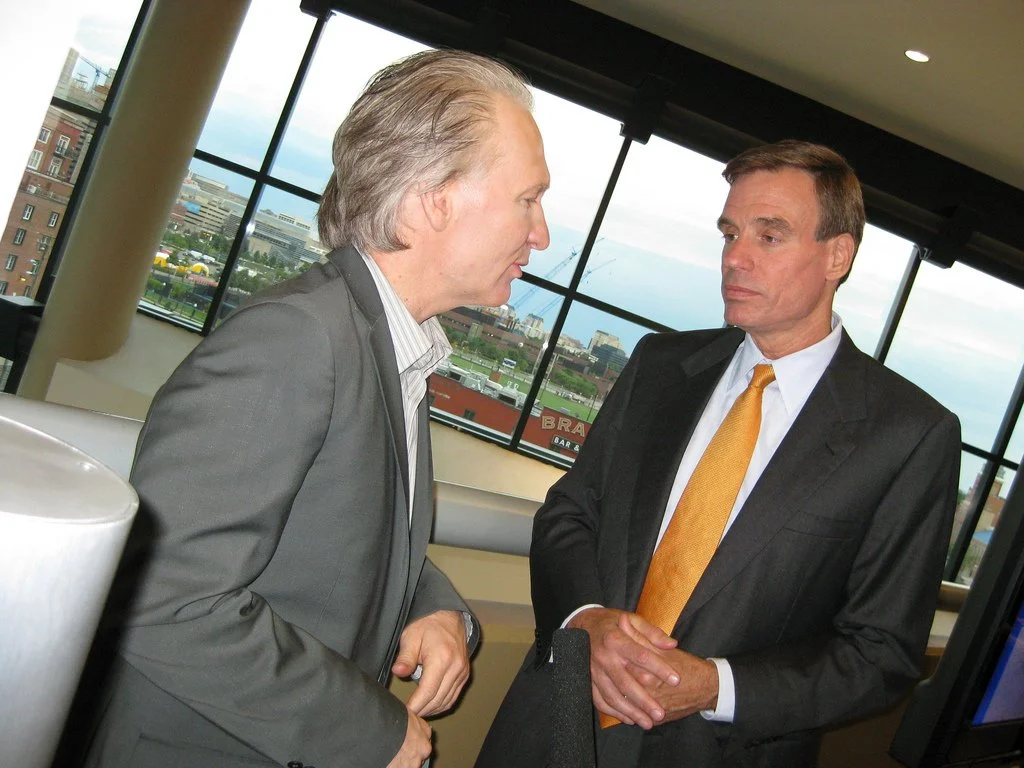Maher Says Kimmel Was Wrong on MAGA Killer Rumors, Slams ABC Suspension in Pivot to Free Speech Fight

< p>Jaden Patel here, your deadpan insider with a not‑so‑silent shrug, delivering the facts with a razor edge and a dry smirk.
< p>The latest late-night dust-up centers on Bill Maher’s critique of Jimmy Kimmel’s commentary about Charlie Kirk’s alleged killer. On Real Time, Maher contends that Kimmel was “wrong” to frame Tyler Robinson as a MAGA Republican simply because the suspect had ties to or sympathies that could be read as political. Maher stresses that the murderer “doesn’t belong in either party” and, with characteristic wit, suggests the blame belongs in a much more unambiguous place: a straitjacket, not a political alignment. He also stops short of endorsing any notion that Kimmel should lose his job over the remarks, painting the controversy as part of a broader free speech and media-ethics fight.
< p>Meanwhile, ABC has pulled Kimmel’s show indefinitely after his monologue comments about Kirk’s murder sparked a cascade of reactions. The network’s decision is described as a suspension rather than a firing, with ABC officials saying the show would be pre‑empted “indefinitely.” The timing is tight: 24 years to the day of Kimmel’s own controversial remarks about 9/11 hijackers, a moment Maher wryly references as a reminder of the fickleness of late-night careers and network sensitivities.
< p>The wider media ecosystem has weighed in. Colbert publicly backed Kimmel, declaring, “we are all Jimmy Kimmel,” a move that underscores the solidarity among late-night hosts in the face of political firestorms. In contrast, Maher’s take reframes the battlefield: the issue isn’t simply one host versus another, but how the media handles politically charged tragedy, the boundaries of commentary, and the consequences when a network curbs a comedian’s air time.
< p>Beyond the specifics, the narrative is the perennial late-night clash of journalism, entertainment, and political trolling. Kimmel argued that the MAGA crowd was trying to recast the murderer as something other than a political actor, which he framed as an attempt to score political points in inflammatory times. Kimmel’s suspension has raised questions about where the line should be drawn between commentary and incitement, and whether networks are caving to pressure or enforcing editorial standards in a way that stifles humor.
< p>In the orbit of public reaction, viewers and pundits are parsing whether the suspension is a principled stand or a cautious retreat. Jon Stewart’s televised appearance and other late-night banter reflect a mood of skepticism toward censorship claims while acknowledging the delicate balance networks must strike when a comedian’s remarks collide with real-world violence. All sides acknowledge the core tension: how to discuss extremism, violence, and political identity without amplifying harm or veering into punitive punishment for speech that is provocative or misleading.
< p>Bottom line: Bill Maher is questioning the framing of the killer as MAGA-adjacent while urging a measured response to Kimmel’s suspension. ABC’s move has ignited a broader debate about free speech, corporate censorship, and the responsibilities of late-night television during volatile political moments. And yes, the larger question remains: what happens when humor collides with tragedy and the corporate bottom line?
< p>What’s next? More speeches, more hot takes, and probably more pre‑emptions as networks calibrate their lines. Will Kimmel return to the airwaves, or will this be a longer pause that fuels another round of amped-up commentary on the fragile line between satire and sensationalism? Stay tuned for the next chapter in this never-ending game of media dodgeball.
< p>Well, there you have it. The circus rolls on, with debates as loud as the clanging neon and the same question in every mouth: where does humor end and harm begin?
Attribution: Bill Maher and Mark Warner — Mark Warner (CC BY-SA 2.0) (OV)




